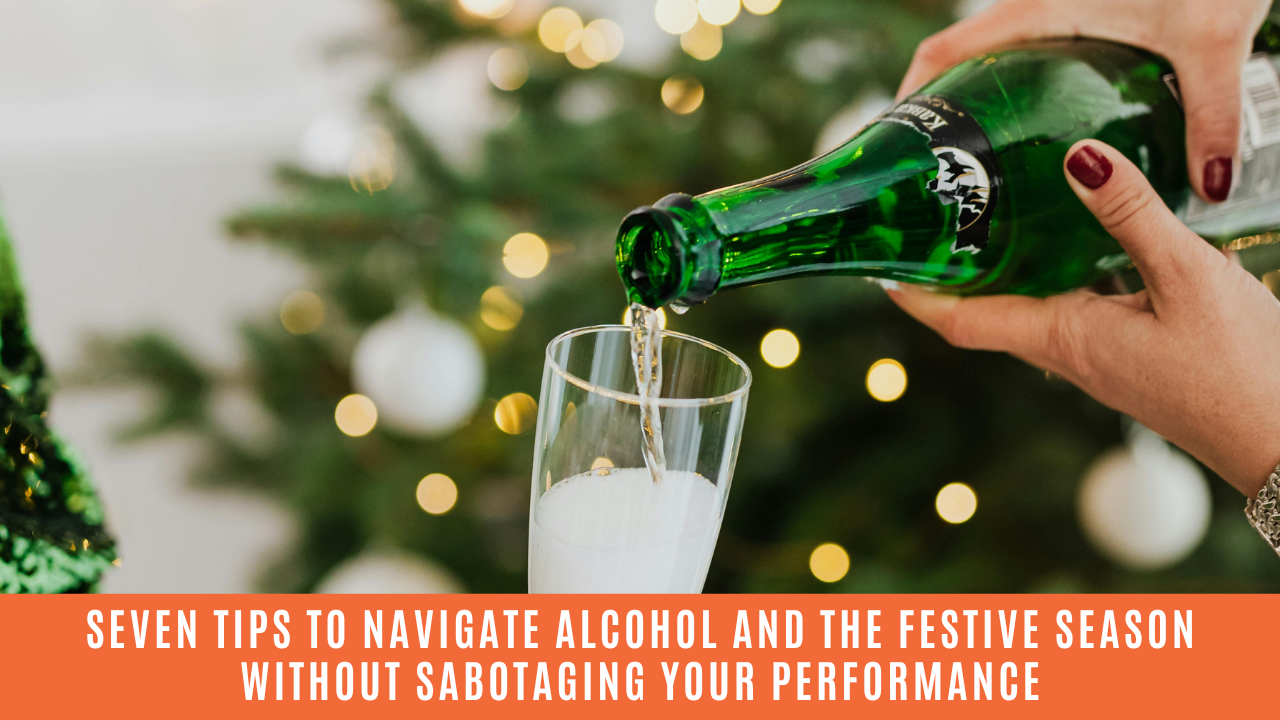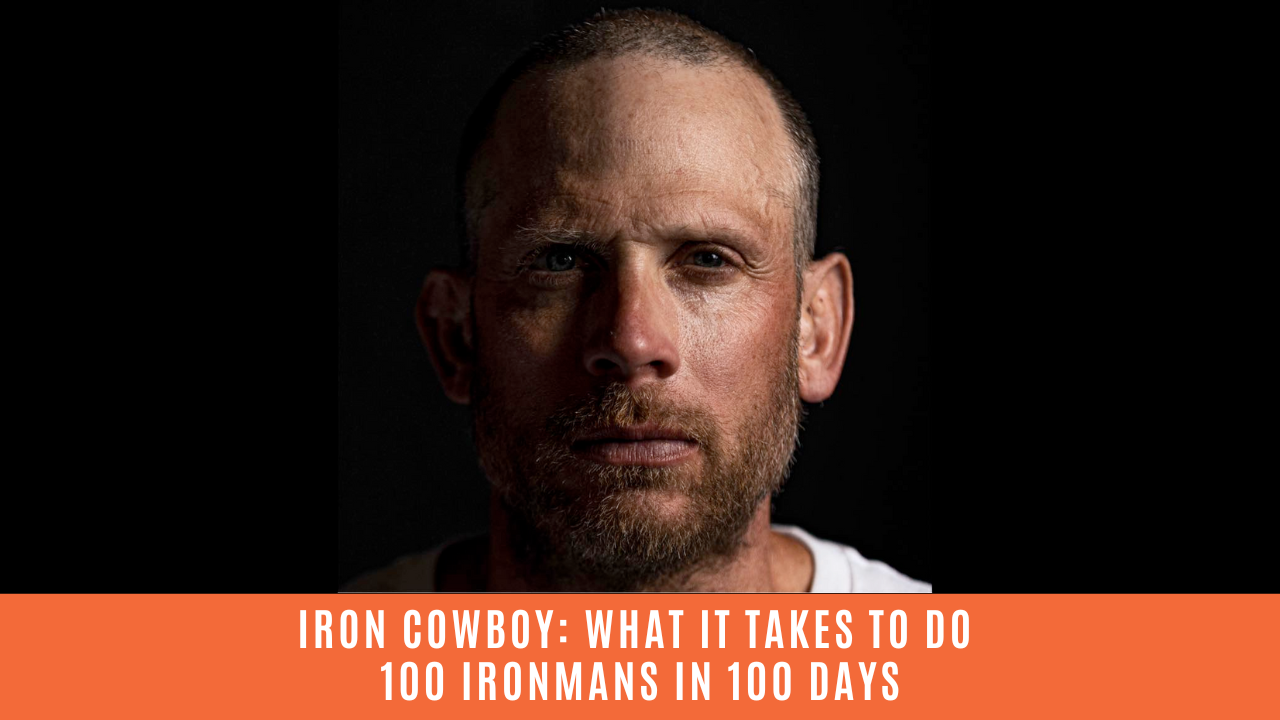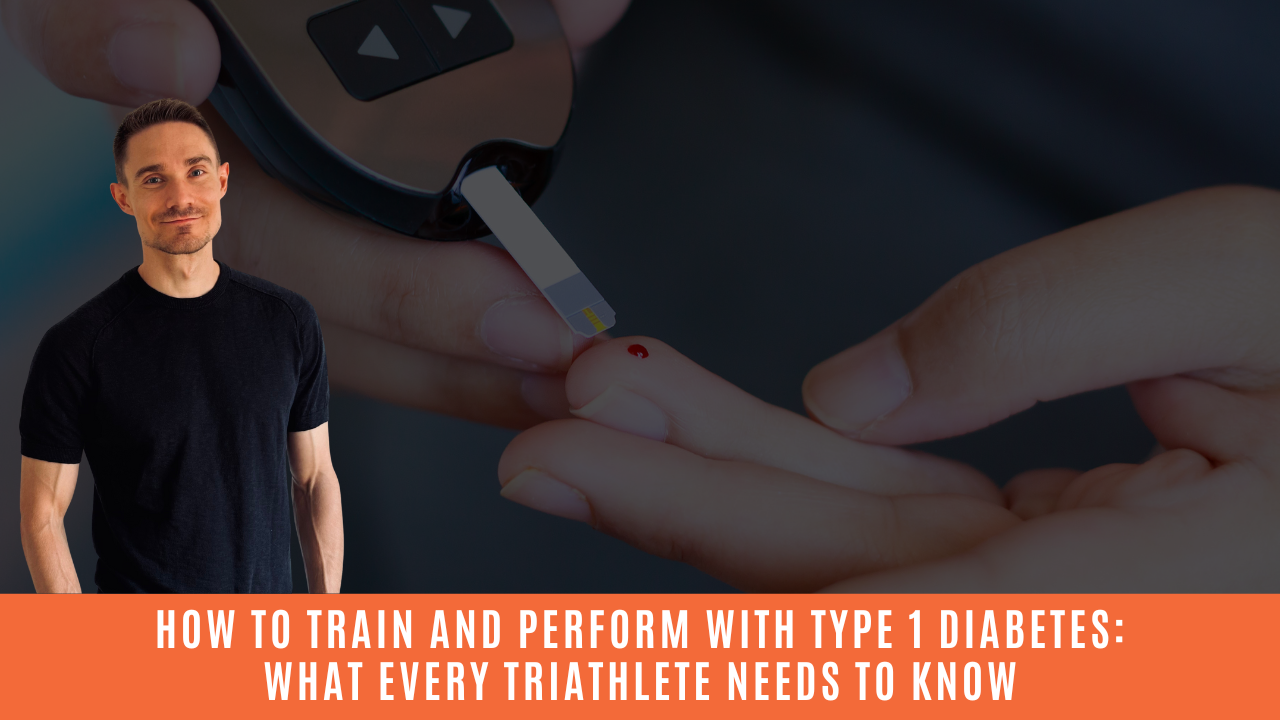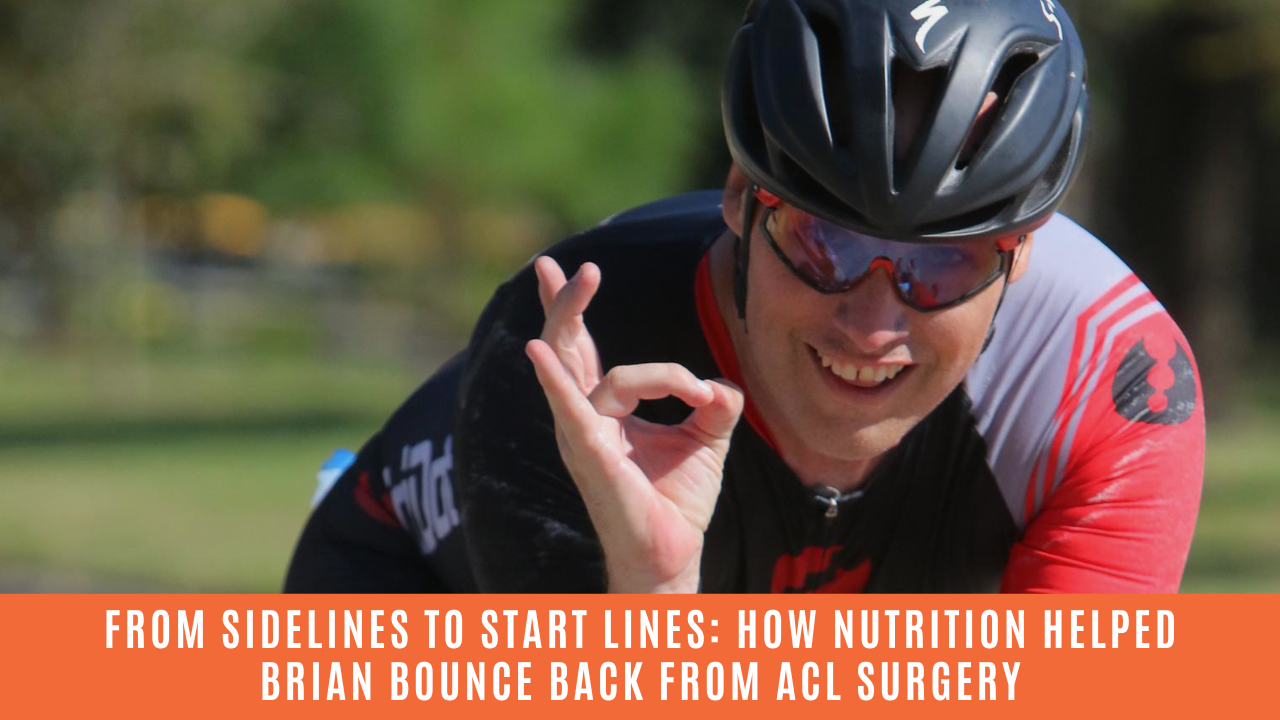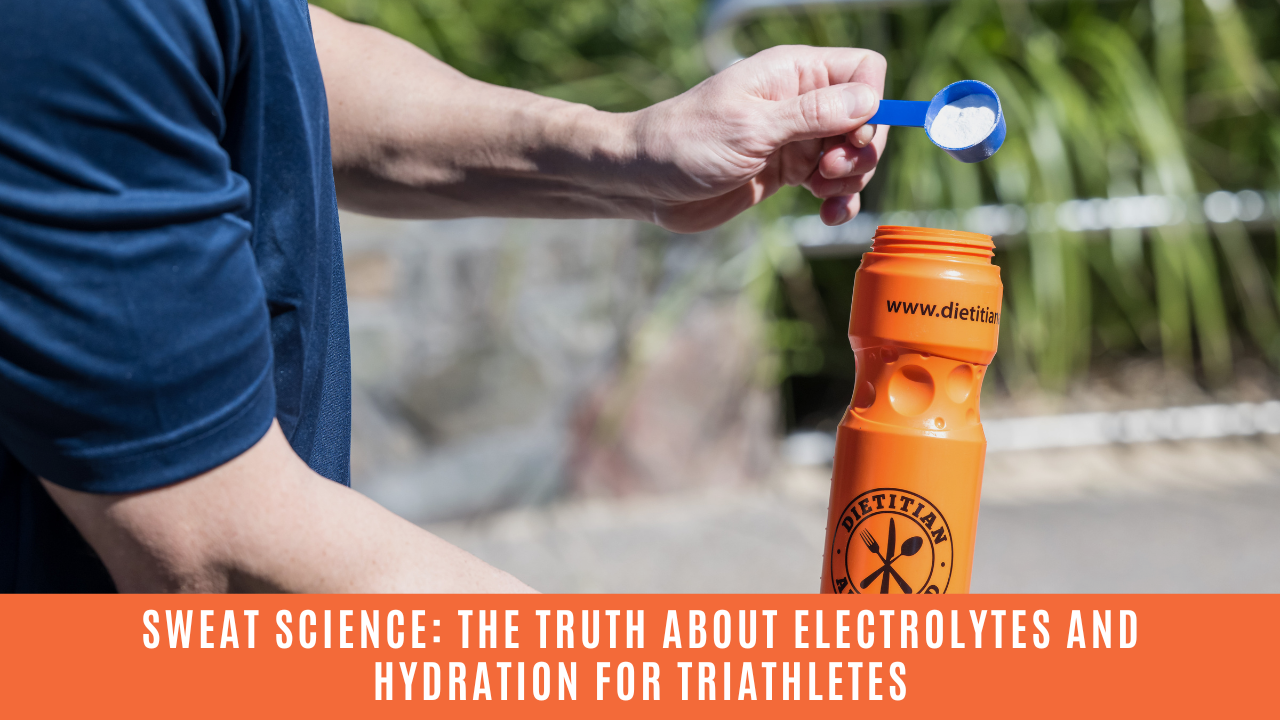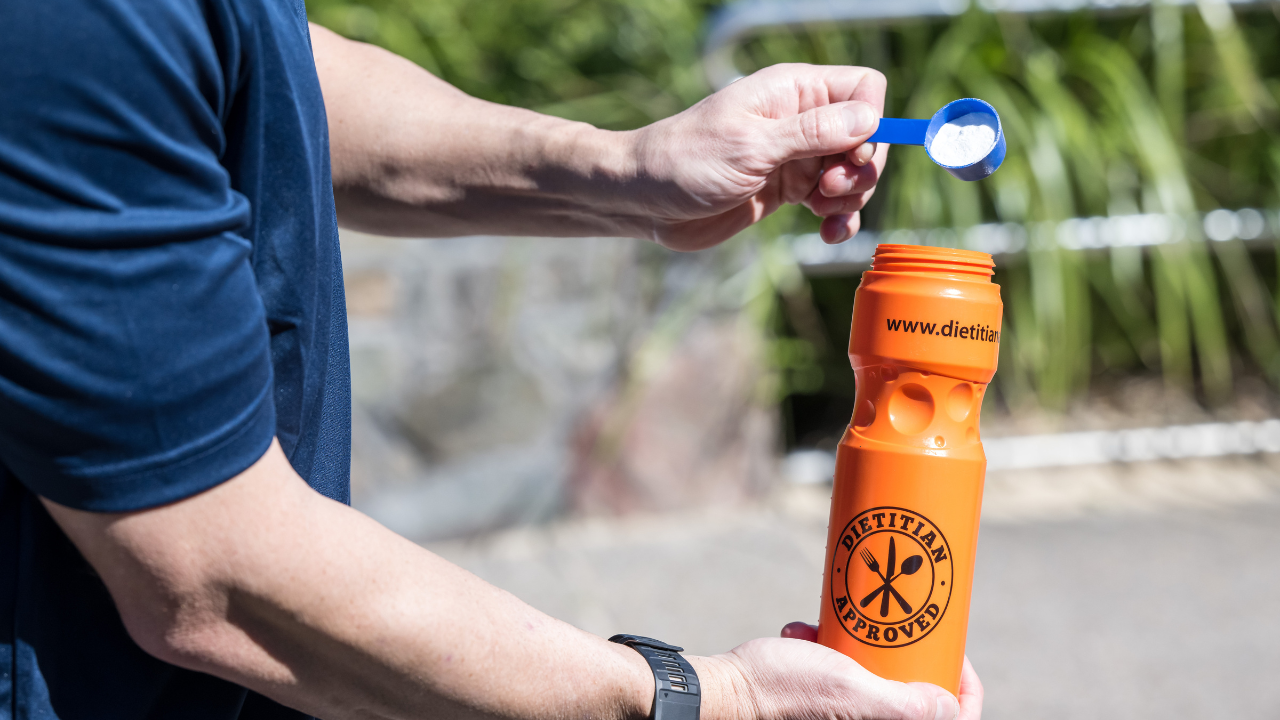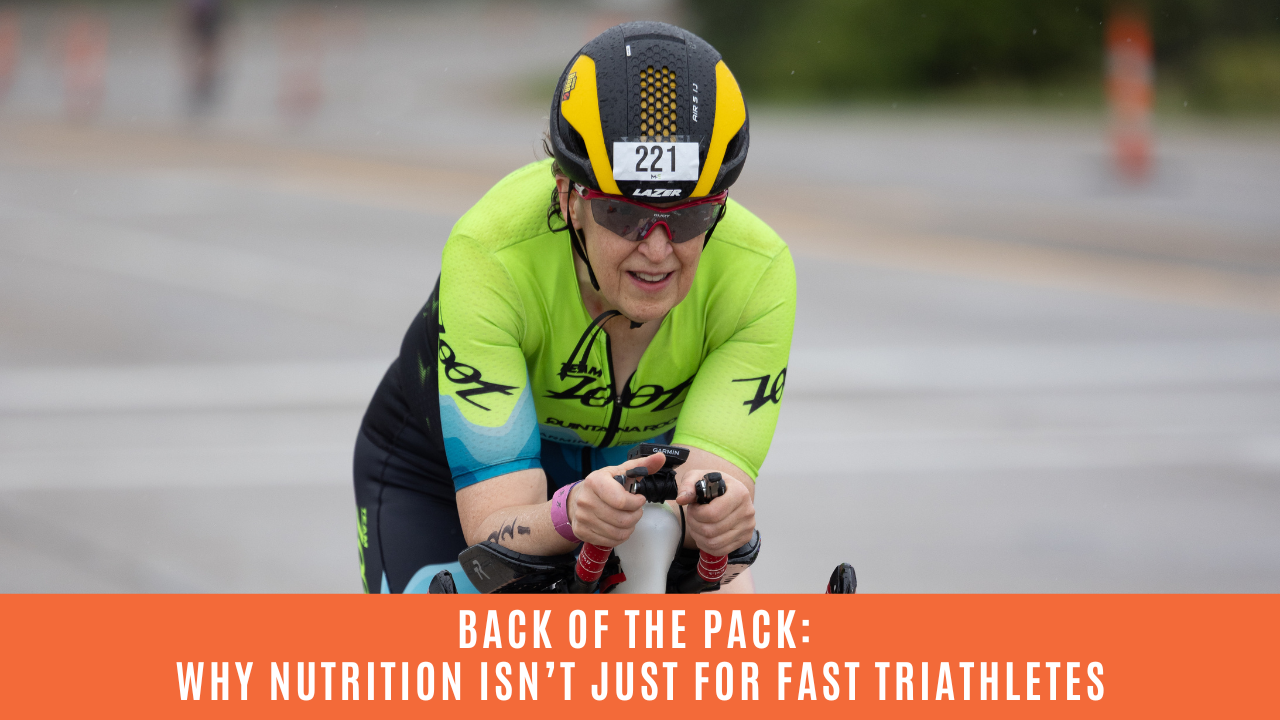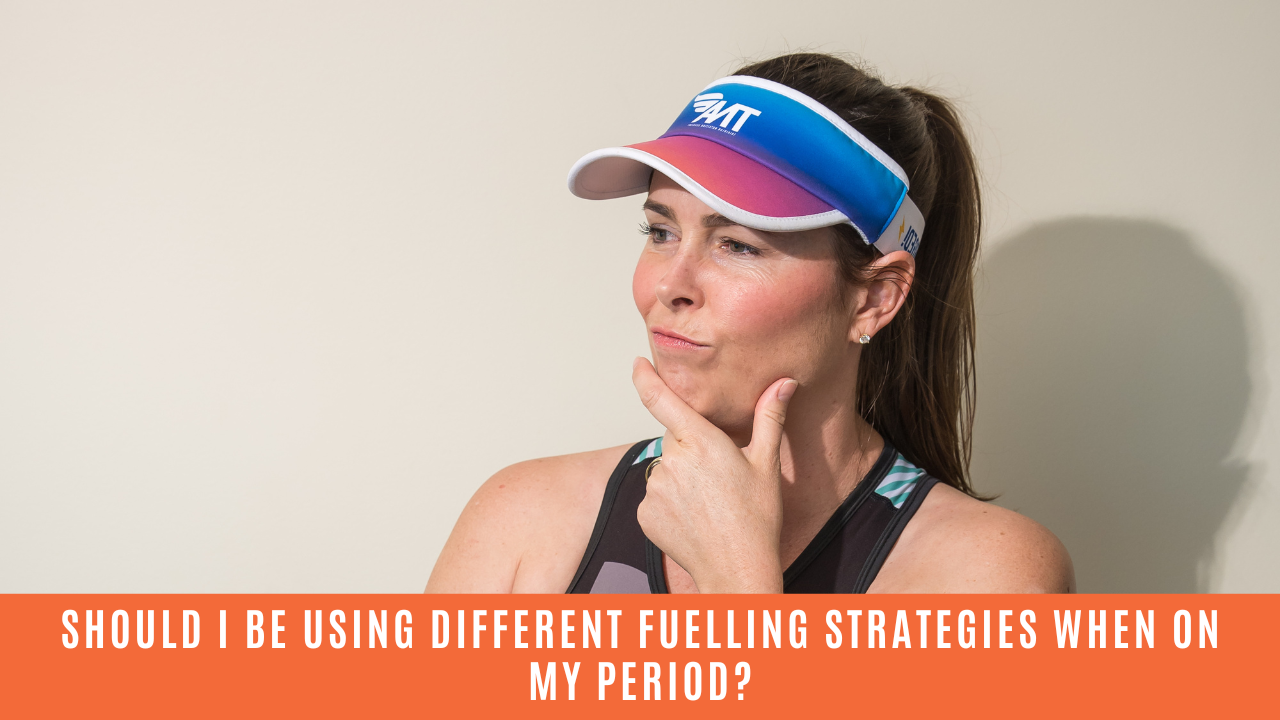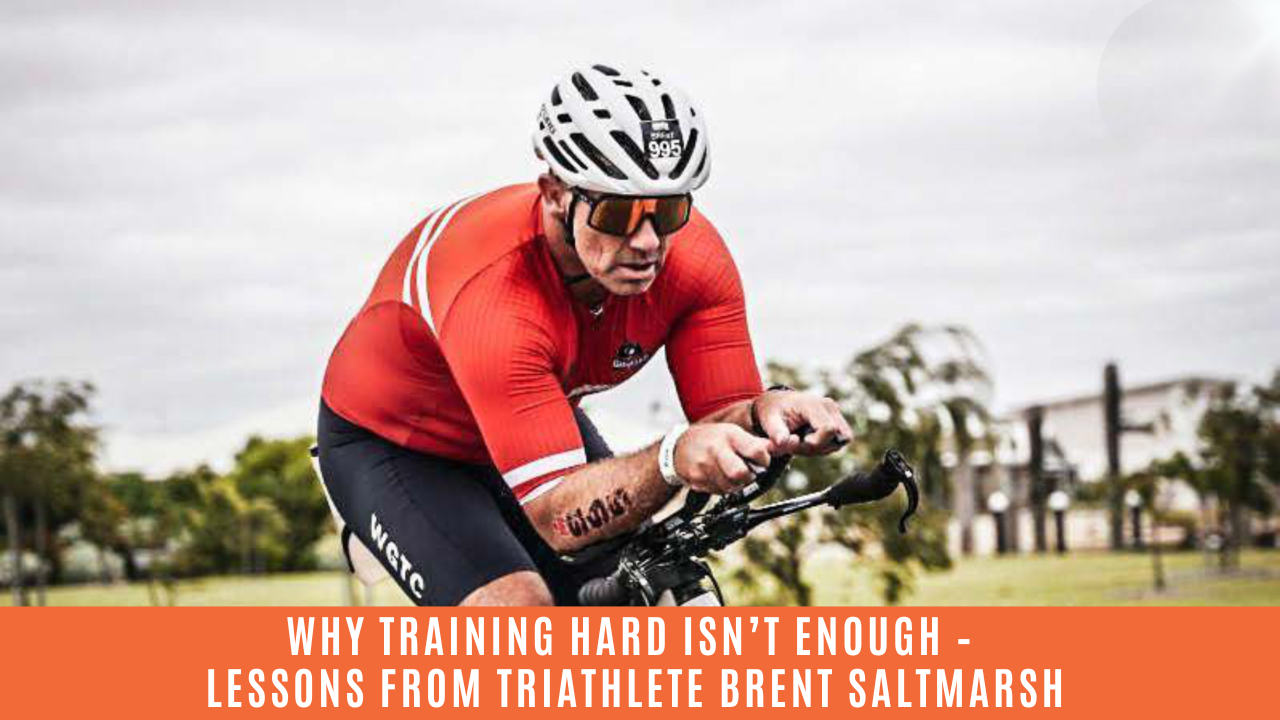Triathlon Nutrition Blog
It’s that time of year again. Race season is in full swing here in Australia, and the Christmas parties are coming in hot. Meanwhile, our northern hemisphere triathletes are deep into off-season base building or burie...
If you're a triathlete, you've likely heard of James Lawrence — aka the Iron Cowboy. Completing one Ironman is impressive. Doing 100 of them, on 100 consecutive days? That's next-level bonkers.
But what does it actually take to fuel such a feat? And what can everyday age group triathletes learn fro...
Training with Type 1 Diabetes? Here's What You Need to Know
For triathletes living with type 1 diabetes (T1D), training isn’t just about nailing swim-bike-run. There’s a fourth leg that adds another layer of complexity: glucose management.
This blog dives into key takeaways from Episode 216 of the...
A new chapter for Dietitian Approved.
We’re thrilled to share some exciting news! Kelly Estes has joined Dietitian Approved as our Chief Operating Officer (COO).
Kelly isn’t new to our community. He’s a Triathlon Nutrition Academy alumnus and passionate advocate for triathlon nutrition education. ...
Triathletes, are you sidelined with an injury? You train hard, race harder, but when injury strikes, it can feel like everything comes to a screeching halt. That was Brian's reality after tearing his ACL in a backyard basketball game. But just nine months later, he’s back in the saddle, smashing 90k...
Are electrolyte drinks helping your training or just making expensive pee?
If you're a triathlete, you've seen the pastel-coloured powders and slick marketing promising better hydration, more energy and faster recovery. But here's the truth: most of it is hype. For endurance athletes, hydration is ...
If you're a triathlete training hard but not quite nailing your performance, your gut might be holding you back. Gut health is more than a wellness buzzword—it’s emerging research shows it plays a pivotal role in how you recover, adapt and perform.
In this blog, you'll learn:
- What the gut microb...
Electrolyte drinks are everywhere right now.
They're popping up on podcasts, in influencer morning routines and on supermarket shelves.
But are they really necessary for everyone?
I recently spoke with the Australian Financial Review about this exact question for their article, “Electrolyte Drin...
Back of the Pack? Why You Still Need to Nail Your Triathlon Nutrition
If you’re an age-group triathlete who proudly races from the back of the pack, you might think nutrition isn’t as important for you. Maybe you’ve thought, “I’m not fast enough to need gels” or “I’ll just eat some real food on the...
If you're a female triathlete who's ever questioned whether your nutrition needs to change depending on where you're at in your cycle, you're not alone.
Hormones shift throughout the month and can influence everything from metabolism and hydration to gut function and sleep. But does that mean you n...
Are Wearables Worth It? What Triathletes Should Know About WHOOP and Oura
If you're a triathlete, you're probably obsessed with data. Pace, watts, heart rate, sleep score, HRV, TSB... the list goes on. You’ve either already got a WHOOP or Oura — or you’re tossing up whether one is worth the investm...
Training like a machine but still falling short on race day? You’re not alone.
Triathletes are some of the most dedicated athletes on the planet. You follow your training plan religiously, tick every swim, bike and run session off the calendar, and yet come race day, something's still not clicking....

